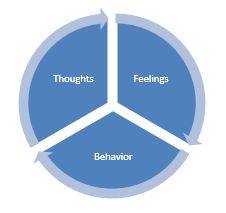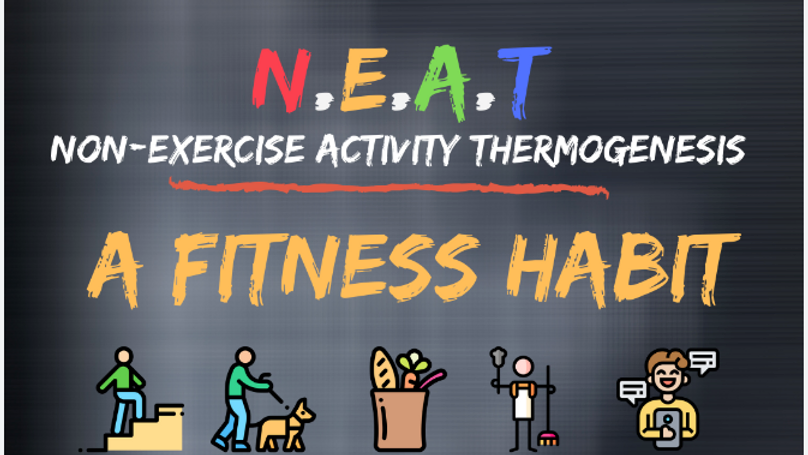Dr. Sabapathy discussed changing habits with the group. He used the acronym CARE to explain the change process.
C – Concern: first we have a concern about something that makes us want to make a change. For our patients it is usually a concern about their health. This starts the process.
A – Awareness: Becoming aware of why we have developed the habit, where we want to be after the change, and what it will take to make the change is next.
R – Responsibility: Now we have to own the changes we are going to make and take full responsibility for how our behavior needs to change in order to be successful.
E – Energy and enthusiasm: Then we need to gear up and get ready to make the change, get excited about the positive things the change will bring to us, and get ourselves into the right mindset to make the change.
For our patients, that mindset can be divided into two different time frames:
Pre-operative mindset, where you prepare for the implementation of change, and begin change, such as the pre-op diet, doing your pre-operative appointments, etc.
Post-operative mindset, where you have to maintain that mindset and constantly reassess where you are and keep that mindset to help you stay on track.
The reason this is so hard, is this is affected by biological/neurological factors, and then there is the psycho-social factors that are part of the process. When we are children, we are forced to change all the time, because our parents and teachers require change – such as changing grades every year, moving and meeting new people as their jobs change, etc.
As adults, we don’t like to change unless it is forced on us, such as in losing a job, getting divorced, death of someone close. Many of our memories are tied to food – favorite meals with our families, perhaps special food we had on a trip or at an occasion. Some foods are addicting – for example sugar has been shown to be more addicting than heroin. When you do the pre-op diet, it cleanses a lot of those addictions. But as we begin to eat again after say 6 months, if we have a little sugar, we’ll be okay the 1st or 2nd time, but then the 3rd or 4th time, the biology kicks back in and we become addicted again.
People with weight issues tend to eat 50 – 60% of their daily calories after 5 pm, which is dangerous. Your metabolism slows in the evening, and we are less likely to be active then. After surgery, you are eating 3 meals a day. But when our routines get thrown off, by a trip or vacation, we tend to fall back to old habits if we don’t plan for them. By planning the eating and drinking into the trip, you can help yourself maintain the good habits you need.
Sometimes our expectations are not realistic, so as you set goals for making change, instead of the goal being to lose a certain number of pounds, let the goal be a “process of health improvement.” No matter how much weight you lose, you are proceeding to a healthier state. Don’t let a negative mindset throw you off. Keep going back to the process, get back to basics and keep in mind that the process is constantly circular. Our behavior affects our thoughts, our thoughts affect our feelings, our feelings affect our behavior and so on. Break it down into management parts, and reassess how you are doing every 3 hours. Celebrate the positives and put aside the negatives and keep moving forward. And the best way to do that is have support, which is what support groups are all about. Surround yourself with positive folks who will support you in your change process, and remember you are improving your health!









